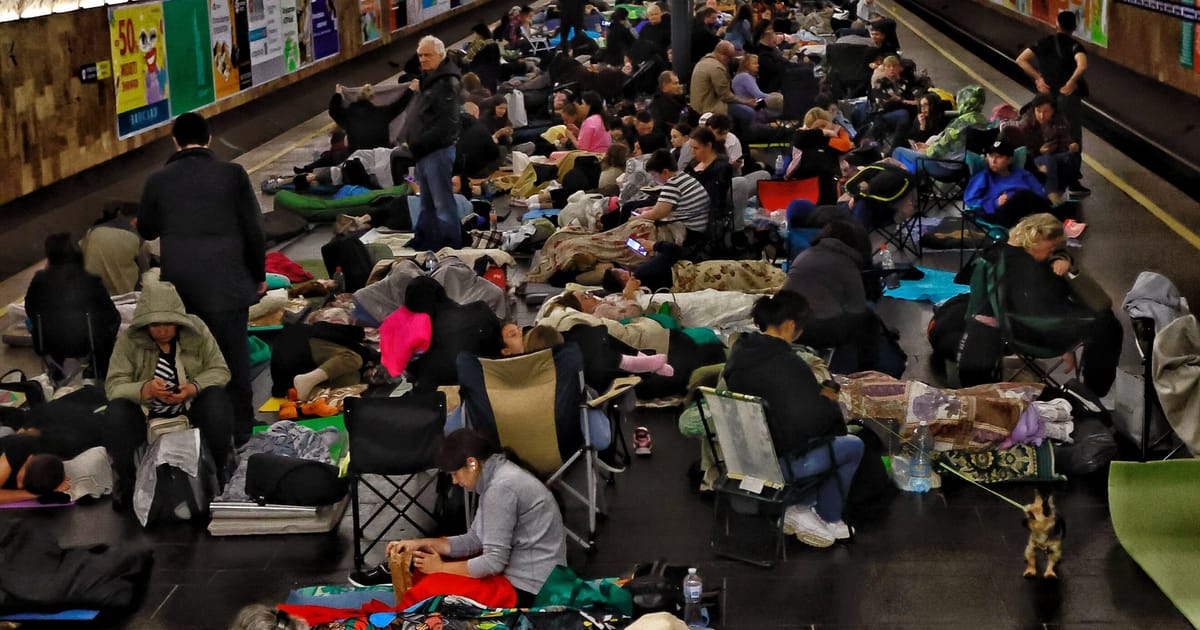

In a world where geopolitical tensions seem ever-present, recent developments have once again highlighted the significant challenges faced by various nations and their leaders. From overarching military confrontations to diplomatic endeavors, these events provide an insightful glimpse into the complex web of international relations.
In Europe, the situation in Ukraine continues to draw global attention due to escalating military actions. Recent drone and missile attacks on Kyiv have caused significant devastation and raised alarms worldwide. These attacks followed a significant phone conversation between Russian President Vladimir Putin and U.S. President Donald Trump, further complicating the intricacies of international diplomacy at a time when U.S. aid shipments to Ukraine have been delayed. Ukrainian President Volodymyr Zelenskyy criticized the strikes as a form of humiliation towards Trump, suggesting a deliberate timing post-dialogue between the two leaders.
Meanwhile, diplomatic warnings have surfaced from European spies, notably from the Netherlands, suggesting an alarming increase in chemical weapon deployment in Ukraine by Russian forces. Such revelations contribute to an atmosphere of unease and emphasize the tensions between Russia and Western allies.
In contrast, discussions surrounding air defense enhancement have taken place between Ukraine and the United States. Zelenskyy has cemented a commitment with Trump towards bolstering Ukraine’s defensive capabilities, marking a strategic collaboration in response to renewed offensive measures.
Elsewhere, in the Middle East, conflict persists in the Gaza Strip, where Hamas leaders are engaged in discussions over a potential ceasefire plan facilitated by the United States. Amidst these discussions, a tragic airstrike incident claimed the lives of numerous Palestinians, sparking concerns over the humanitarian impact on the region’s civilian population.
Simultaneously, the death of Dr. Marwan al-Sultan in an Israeli airstrike has brought further emotional weight to the ongoing crisis. The distinguished doctor was mourned widely, especially among the medical community in Gaza, with his children accusing the airstrikes of deliberate targeting. These incidents underline the acute need for diplomatic talks and mediations to reduce casualties and aim for lasting peace.
Adding a different dimension to global politics, Afghanistan has acknowledged Russia’s recognition of Taliban governance. Since coming to power in 2021, the Taliban have sought international legitimacy, with Russia’s decision symbolizing a pivotal acceptance that could have broader implications for international relations. This acknowledgment was referred to as a “brave decision” by Afghan authorities, suggesting potential diplomatic shifts between Afghanistan and other global players.
In El Salvador, President Nayib Bukele faces scrutiny, firmly denying accusations of mistreatment against Kilmar Ábrego García, a detainee extradited under controversial circumstances. Such allegations highlight the sensitivity surrounding human rights and judicial fairness within the nation’s administrative processes.
These multifaceted global events, ranging from military confrontations in Ukraine and Gaza to diplomatic gestures in Afghanistan, reflect ongoing geopolitical complexities. They emphasize the importance of strategic dialogues and humanitarian considerations in achieving international peace and stability. As countries navigate these delicate situations, the hope remains that calm and measured responses will lead to constructive outcomes for all involved.
Source: {link}
